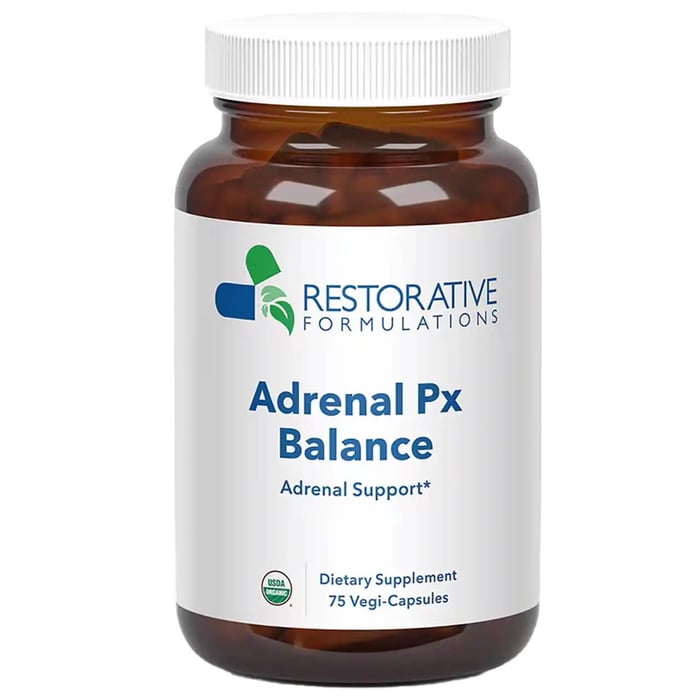The Pros and Cons of BPC-157—All You Need to Know
The Pros and Cons of BPC-157—All You Need to Know
BPC-157: A Topic of Ongoing Research
BPC-157 is currently being studied for its biological activity. While preliminary research has explored its potential role in various physiological processes, no conclusions can be drawn regarding its effects on human health. More rigorous clinical studies are needed to determine its safety and efficacy.
BPC-157 Peptide: Areas of Scientific Interest
Ongoing research is investigating how BPC-157 interacts with biological systems. Some preclinical studies suggest it may influence various physiological pathways, but these findings are not yet validated in human trials.
Tissue Repair and Cellular Response
Animal and in vitro studies have explored BPC-157’s potential role in cellular responses related to tissue repair. Some research suggests it may interact with growth factors and other cellular mechanisms, but its relevance in humans remains unconfirmed.
Inflammatory Pathways
Some studies have examined whether BPC-157 may play a role in modulating inflammatory responses in animal models. However, there is insufficient clinical data to determine its effects in humans.
Muscle Recovery and Physical Activity
Early research has investigated BPC-157’s role in muscle recovery in non-human studies. While preliminary data suggest potential interactions with cellular repair mechanisms, further studies are required. The World Anti-Doping Agency (WADA) has classified BPC-157 as a prohibited substance in professional sports.
Joint and Bone Studies
Some preclinical models have examined whether BPC-157 may influence musculoskeletal health. These findings are based on early-stage research and have not been validated in human clinical trials.
Neurological and Cognitive Research
Limited preclinical studies have investigated BPC-157’s potential interactions with neurological pathways. However, there is no established evidence supporting any cognitive or neurological effects in humans.
Gastrointestinal Studies
Animal research has examined the potential effects of BPC-157 on gastrointestinal tissue. While some studies suggest interactions with gut-related pathways, no clinical conclusions can be drawn at this time.
BPC-157: Reported Observations and Safety Considerations
Due to the lack of FDA-approved human clinical trials, the safety profile of BPC-157 has not been fully established. Some users have reported experiences such as:
- Nausea
- Digestive discomfort
- Sensations of warmth (hot flashes)
- Dizziness
However, these reports are anecdotal, and controlled human studies are necessary to assess safety and potential adverse effects.
Regulatory Status and Safety
BPC-157 has not been approved by the FDA for any medical use, and its safety and efficacy in humans have not been determined. Regulatory agencies, including the FDA and WADA, continue to monitor its use and emphasize the need for further scientific evaluation.
Key Takeaways
- BPC-157 is currently being studied in preclinical research, and its effects on human health are currently being investigated.
- Early studies suggest it may interact with biological pathways related to tissue integrity and gastrointestinal health, but additional human trials are needed.
- Reported user experiences include nausea, digestive discomfort, hot flashes, and dizziness, though these effects have not been evaluated in controlled studies.
These statements have not been evaluated by the Food and Drug Administration. This product is not intended to diagnose, treat, cure, or prevent any disease.




